CBDv vs CBD: What's the Difference?

If you’ve heard of CBDv, you may have wondered about the differences between CBDv and CBD. As you might have guessed, these compounds share similarities, but they also have unique properties that set them apart.
According to a comprehensive review in the Journal of Cannabis Research, both CBD and CBDv interact with the endocannabinoid system but exhibit distinct therapeutic potentials due to their unique chemical structures.
In this article, we'll look closely at the key distinctions between these two compounds and their potential effects. By the end, you'll be able to tell the difference and understand how CBDv and CBD compare, allowing you to choose the right cannabinoid for your needs.
Key Takeaways
- CBDv and CBD have shown promise in managing inflammation, anxiety, and other issues, making them attractive options for those seeking natural wellness solutions.
- CBDv has a slightly different chemical structure than CBD, which may influence how it interacts with the body's receptors and the specific benefits it offers.
- While CBD is abundant in many cannabis strains, CBDv is found in lower concentrations, which may affect availability and cost of CBDv products on the market.
- Mellow Fellow offers a wide range of CBD products like the energy-boosting Elevate: the Happy Blend, which comes in tinctures, capsules, and gummies.
Interested in trying high-quality CBDv and CBD products? Browse Mellow Fellow’s premium selection to find the best fit for your wellness needs. Shop CBDv here and CBD here today.
CBDv vs CBD
The long list of cannabinoids that can be found in cannabis goes well beyond the typical CBD and THC we’re all familiar with. As research into the cannabis plant progresses, interest in lesser-known compounds like CBDv continues to grow.
Comparing CBDv and CBD offers a look under the microscope into how these cannabinoids function and their potential therapeutic applications. While both compounds interact with the body's endocannabinoid system, they have distinct differences in chemical structure and concentration within the plant. Knowing how different cannabinoids work can help us understand the effects they might have on us and whether or not they’re worth trying.
CBDv vs CBD Explained
CBDv and CBD are two distinct cannabinoids found in the cannabis plant. While they share some similarities, understanding their unique properties can help you make informed decisions about which one may be more suitable for your needs.
A study from the British Journal of Pharmacology highlights that CBDv has shown promising anticonvulsant properties, making it a potential candidate for managing epilepsy and seizures.
What is CBDv?
CBDv, short for cannabidivarin, is a minor cannabinoid that occurs naturally in cannabis. It has a similar molecular structure to CBD but with a shorter side chain. This structural difference may contribute to its unique effects on the body.
Research suggests that CBDv has potential therapeutic benefits, particularly in managing neurological conditions like epilepsy and autism spectrum disorder. It may also have anti-inflammatory and analgesic properties, making it a promising candidate for pain relief.
Though it should be noted that CBD alone is not a cure, and may not have the same effects for everyone. This is why you should consult a doctor when attempting to treat any condition.
What is CBD?
CBD, or cannabidiol, is one of the most well-known and extensively researched cannabinoids. It is extracted from hemp or marijuana plants and is non-intoxicating, meaning it won't produce the "high" associated with THC.
CBD interacts with the body's endocannabinoid system, which helps regulate various functions like sleep, mood, and pain perception. Numerous studies have highlighted CBD's potential in managing anxiety, inflammation, and chronic pain.
Recent findings also indicate that CBDv might offer similar benefits, especially in reducing inflammation and managing neurological disorders.
CBD is widely available in various forms, including, tinctures, oils, capsules, edibles, and topicals. Its versatility and accessibility have contributed to its growing popularity among those seeking natural wellness solutions.
- Chemical structure differences: CBDv has a propyl side chain, while CBD has a pentyl side chain. This variation in structure may influence how each cannabinoid interacts with the body's receptors and the specific effects they produce.
- Concentration in cannabis strains: CBD is typically found in higher concentrations than CBDv in most cannabis strains. This abundance makes CBD more readily available and often more affordable compared to CBDv products.
- Therapeutic potential: Both CBDv and CBD have shown promise in managing various health concerns. However, CBDv may offer unique benefits for neurological conditions, while CBD has a broader range of potential applications, including anxiety, pain, and inflammation relief.
Similarities of CBDv and CBD
While CBDv and CBD have distinct differences, they also share several characteristics that exhibit similar effects.
Therapeutic Benefits
Both CBDv and CBD have shown promise in managing various health concerns. They possess anti-inflammatory properties, which may help alleviate pain and reduce inflammation. These cannabinoids have also demonstrated anti-anxiety effects, potentially offering relief for those struggling with anxiety disorders or stress.
CBDv and CBD may also provide neuroprotective benefits, supporting brain health and function. Research suggests that they could play a role in managing neurological conditions like epilepsy and autism spectrum disorder.
Non-Psychoactivity
One of the most appealing aspects of CBDv and CBD is their non-psychoactive nature. Unlike THC, another well-known cannabinoid, CBDv and CBD do not produce the "high" or intoxicating effects associated with marijuana use.
This makes them attractive options for those seeking the therapeutic benefits of cannabis without the mind-altering effects.
The lack of psychoactivity also means that CBDv and CBD are generally well-tolerated and have a favorable safety profile. You can incorporate these cannabinoids into your wellness routine without worrying about impairment or significant side effects.
- Interaction with the endocannabinoid system: CBDv and CBD both interact with the body's endocannabinoid system, a complex network of receptors that helps regulate various functions like mood, sleep, and pain perception. By modulating this system, these cannabinoids can promote balance and support overall well-being.
- Versatility in consumption methods: CBDv and CBD can be consumed in various forms, including oils, capsules, edibles, and topicals. This versatility allows you to choose the method that best suits your needs and preferences, whether you prefer the convenience of a capsule or the targeted relief of a topical application.
- Potential for personalized wellness: As research continues to uncover the unique properties and benefits of CBDv and CBD, you have the opportunity to tailor your cannabinoid use to your specific health concerns and goals. By understanding the similarities and differences between these compounds, you can make informed decisions about incorporating them into your wellness plan.
Differences Between CBDv and CBD

While CBDv and CBD share similarities in their therapeutic potential, they also have distinct differences that set them apart. These differences can be seen upon closer inspection of their chemical structure and concentration within cannabis plants.
Concentration in Cannabis
CBDv and CBD are found in varying concentrations across different cannabis strains. CBD is one of the most abundant cannabinoids, often second only to THC in many strains. This higher concentration makes CBD more readily available and can be more affordable compared to CBDv.
In contrast, CBDv is considered a minor cannabinoid, typically found in lower concentrations than CBD. This scarcity can impact the availability and cost of CBDv products on the market.
However, as interest in the unique properties of CBDv grows, breeders are working on developing strains with higher CBDv content to meet the increasing demand.
Chemical Structure
The chemical structures of CBDv and CBD differ in the length of their side chains. CBDv has a propyl side chain, which is shorter than CBD's pentyl side chain. This variation in structure may influence how each cannabinoid interacts with the body's receptors and the specific effects they produce.
- Receptor affinity: The difference in side chain length can affect how CBDv and CBD bind to and interact with the body's endocannabinoid receptors. This variation in receptor affinity may contribute to the distinct therapeutic effects observed for each cannabinoid.
- Pharmacological properties: The structural differences between CBDv and CBD can also impact their pharmacological properties, such as their bioavailability, metabolism, and half-life in the body. These factors can influence the onset, duration, and potency of their effects.
- Potential therapeutic applications: While both CBDv and CBD have shown promise in managing various health concerns, their structural differences may make them more suitable for specific conditions. For example, CBDv's unique properties have garnered interest in its potential for treating neurological disorders like epilepsy and autism spectrum disorder.
Uses of CBDv and CBD
Understanding the practical applications of CBDv and CBD can help you make informed decisions about how you might use them or whether or not to seek them out in new products.
Medical Applications
CBDv and CBD have shown promise in managing various medical conditions. CBDv, in particular, has garnered interest for its potential in treating neurological disorders. Research suggests that CBDv may have anticonvulsant properties, making it a promising candidate for managing epilepsy and seizures.
Related Products
CBDv has also demonstrated potential in supporting individuals with autism spectrum disorder (ASD). Studies indicate that CBDv may help alleviate symptoms associated with ASD, such as social deficits and repetitive behaviors.
CBD, on the other hand, has a broader range of potential medical applications. It has been extensively studied for its anti-inflammatory and analgesic properties, making it a popular choice for managing chronic pain conditions like arthritis and fibromyalgia.
CBD has also shown promise in addressing mental health concerns, such as anxiety and depression. Its anxiolytic effects may help reduce stress and promote a sense of calm, while its potential antidepressant properties may support mood regulation.
- Neuroprotective benefits: Both CBDv and CBD have demonstrated neuroprotective properties, suggesting their potential in supporting brain health and function. These cannabinoids may offer benefits for neurodegenerative conditions like Alzheimer's and Parkinson's disease.
- Skin health: CBD has gained popularity in the skincare industry due to its potential anti-inflammatory and antioxidant properties. Topical CBD products, such as creams and serums, may help soothe irritated skin, reduce acne, and promote a more even complexion.
Wellness and Recreational Use
Beyond medical applications, CBDv and CBD have found their way into various wellness products. These cannabinoids are often incorporated into oils, capsules, edibles, and topicals, allowing you to choose the delivery method that best suits your needs and preferences.
CBD, in particular, has become a popular ingredient in wellness supplements and functional foods. You can find CBD-infused beverages, snacks, and even pet products on the market, catering to a wide range of wellness goals and lifestyles.
Legal Status
The legal landscape surrounding CBDv and CBD varies depending on your location. In many regions, CBD derived from hemp plants with less than 0.3% THC is legal for recreational use. However, the legal status of CBDv is less clear, as it is a less common cannabinoid and may be subject to different regulations.
Non-Intoxicating Effects
Unlike THC, the primary psychoactive compound in cannabis, CBDv and CBD do not produce intoxicating effects. This makes them attractive options for those seeking the potential therapeutic benefits of cannabinoids without the "high" associated with marijuana use.
It's important to choose high-quality products from reputable sources. Look for brands that provide third-party lab testing results, ensuring the purity and potency of their products. By understanding the uses and potential benefits of these cannabinoids, you can make informed decisions about incorporating them into your wellness routine.
Final Thoughts on CBDv vs CBD
As we’ve learned, CBDv and CBD are both cannabinoids with unique properties and potential benefits. While they share some similarities, such as their non-psychoactive nature and interaction with the endocannabinoid system, they also have distinct differences in chemical structure and concentration within the cannabis plant.
CBDv's unique properties have garnered interest in its potential for managing neurological conditions like epilepsy and autism spectrum disorder. CBD, on the other hand, has a broader range of potential applications, including anxiety relief, pain management, and inflammation reduction.
When considering incorporating CBDv or CBD into your wellness routine, it's important to choose high-quality products from reputable sources. Look for brands that provide third-party lab testing results, ensuring the purity and potency of their products.
Remember that while CBDv and CBD show promise in various therapeutic applications, more research is needed to fully understand their effects and potential benefits. Always consult with a healthcare professional before starting any new supplement regimen, especially if you have a pre-existing medical condition or are taking medications.
Where to Buy CBDv Products Online
If you're interested in trying CBDv products, you can find them available online from select retailers. When shopping for CBDv, look for reputable brands that prioritize quality, transparency, and customer satisfaction.
- Third-party lab testing: Choose brands that provide third-party lab testing results, also known as Certificates of Analysis (COAs). These reports verify the potency and purity of the product, ensuring that you're getting a high-quality CBDv extract free from contaminants.
- Extraction method: Opt for CBDv products that use clean extraction methods, such as CO2 extraction or ethanol extraction. These methods minimize the risk of residual solvents and impurities in the final product.
- Customer reviews: Read customer reviews and testimonials to gauge the effectiveness and satisfaction of others who have tried the product. This can provide valuable insights into the brand's reputation and the quality of their CBDv offerings.
Is CBDv Worth Trying for Your Health and Wellness Needs?
CBDv, a lesser-known cannabinoid, has gained attention for its unique properties and potential benefits. While research is still in its early stages, CBDv shows promise in addressing various health concerns, particularly those related to inflammation, seizures, and neurodevelopmental disorders.
Studies suggest that CBDv may have potent anti-inflammatory effects, making it a potential option for managing conditions like inflammatory bowel disease and arthritis. Additionally, CBDv has demonstrated anticonvulsant properties, which could be beneficial for individuals with epilepsy or other seizure disorders.
CBDv's neuroprotective qualities have also garnered interest in its potential for supporting those with autism spectrum disorder (ASD) and other neurodevelopmental conditions. Preliminary research indicates that CBDv may help alleviate symptoms associated with ASD, such as social deficits and repetitive behaviors.
- Quality matters: When exploring CBDv products, prioritize high-quality options from reputable sources. Look for brands that provide third-party lab testing results, ensuring the purity and potency of their CBDv extracts.
- Consult with professionals: Before incorporating CBDv into your wellness routine, discuss its potential benefits and risks with a knowledgeable healthcare professional. They can provide personalized guidance based on your individual needs and medical history.
- Entourage effect: Consider products that combine CBDv with other beneficial cannabinoids and terpenes, like those found in full-spectrum extracts. This synergistic interaction, known as the entourage effect, may enhance the therapeutic potential of CBDv.
As with any new supplement or wellness product, start with a low dose of CBDv and observe how your body responds. Keep track of any changes in symptoms or overall well-being, and adjust your dosage accordingly.
While more research is needed to fully understand the extent of CBDv's benefits, its unique properties and potential therapeutic applications make it an intriguing option for those seeking targeted relief and support for specific health concerns.
The introduction of cannabinoids like CBDv and CBD in products opens up new avenues for addressing health and wellness concerns. Mellow Fellow stands as a trusted partner in your journey, offering high-quality, lab-tested products designed to meet your specific needs.
See how Mellow Fellow can enhance your wellness routine by browsing our selection of CBDv and CBD products today.
CBDv vs CBD: Frequently Asked Questions
Is CBDv More Powerful Than CBD?
While both CBDv and CBD have shown therapeutic potential, their effectiveness may vary depending on the specific condition or symptom being addressed. Some studies suggest that CBDv may be more effective than CBD in certain situations, particularly in managing neurological disorders like epilepsy and autism spectrum disorder.
CBDv's unique chemical structure and its interaction with specific receptors in the body may contribute to its potential benefits for these conditions. However, more research is needed to fully understand the comparative effectiveness of CBDv and CBD across a broader range of health concerns.
Can CBDv or CBD Cause Side Effects?
Both CBDv and CBD are generally well-tolerated, with a favorable safety profile. However, like any substance, they may cause side effects in some individuals. Common side effects associated with CBDv and CBD include:
- Fatigue or drowsiness
- Changes in appetite
- Digestive issues, such as diarrhea or nausea
- Interactions with certain medications
It's important to note that the side effects of CBDv and CBD are typically mild and temporary. If you experience persistent or severe side effects, discontinue use and consult with a healthcare professional.
Additionally, if you are taking any medications or have a pre-existing medical condition, it's crucial to discuss the use of CBDv or CBD with your doctor before incorporating them into your wellness routine. They can help you assess potential risks and interactions.
How to Choose Between CBDv and CBD?
When deciding between CBDv and CBD, consider your individual needs, health goals, and personal preferences. Here are some factors to keep in mind:
- Specific health concerns: If you are seeking support for neurological conditions like epilepsy or autism spectrum disorder, CBDv may be a more suitable choice based on the current research. For a broader range of concerns, such as anxiety, pain, or inflammation, CBD may offer more versatile benefits.
- Availability and cost: CBD products are more widely available and often more affordable compared to CBDv, due to CBD's higher concentration in cannabis plants and its established market presence. If access or budget is a concern, CBD may be a more practical option.
- Personal response: Everyone's body chemistry is unique, and individual responses to cannabinoids can vary. You may find that one compound works better for you than the other. Consider starting with a low dose of either CBDv or CBD and gradually adjusting based on your body's response and the effects you experience.
Ultimately, the choice between CBDv and CBD depends on your specific needs and goals. If you're unsure which cannabinoid to choose, consult with a knowledgeable healthcare professional who can provide personalized guidance based on your medical history and desired outcomes.
Ready to experience the benefits of CBDv and CBD? Shop our diverse range of top-tier products at Mellow Fellow to enhance your wellness journey. Check out our growing selection of CBDv and CBD offerings here.
Sources Used for this Article:
Explore Other Articles
View allExplore more
- 11 hydroxy thc
- Blends
- blunt
- burn blend
- cannabinoids
- cartridge
- CBD
- cbg
- CBN
- Charged Blend
- Clarity Blend
- Concentrates
- Connection Blend
- Creativity Blend
- Dabs
- decarb
- decarboxylation
- delta
- delta 10
- delta 11
- delta 8
- Delta 8 thc
- delta 9
- delta 9 thc
- Delta-10-THC
- Delta-11-THC
- delta-8
- Delta-8-THC
- Delta-9-THC
- delta9
- Desire Blend
- destination series
- Diamonds
- disposable
- disposable vape
- Dream Blend
- dry january
- edibles
- elevate blend
- entourage
- entourage effect
- entourage effects
- Euphoria Blend
- focus
- gummies
- H4CBD
- halloween
- hemp
- hemp beverage
- hemp-derived
- HHC
- HHCp
- HTE
- Indica
- Introvert Blend
- Joint
- lean
- legal
- Live Resin
- Live Resin cartridges
- Live resin edibles
- m-fusions
- mechoulam
- momentum blend
- Motivation Blend
- nano-beverage
- one hitter
- preroll
- productivity
- raphael mechoulam
- Recover Blend
- Relief
- sleep
- strain review
- terp sauce
- Terpenes
- Thanksgiving
- thc
- THC beverage
- THC Drink
- thc lean
- thc-p
- THCa
- THCa Flower
- THCb
- THCh
- THCm
- thcp
- THCp edibles
- THCp flower
- THCv
- the elevate blend
- The Energy Blend
- The Happy Blend
- The Illuminate blend
- the momentum blend
- The Rest Blend
- Tranquility Blend
- vape
- vape cartridge
- Vapes
- wax
- wellness
- zkittlez


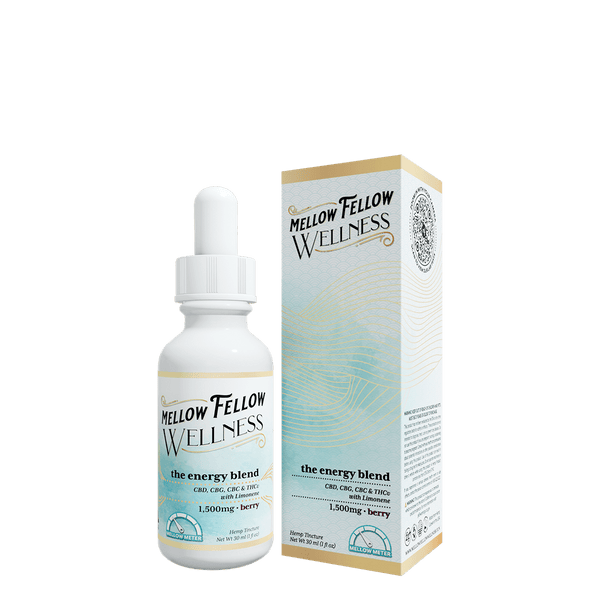
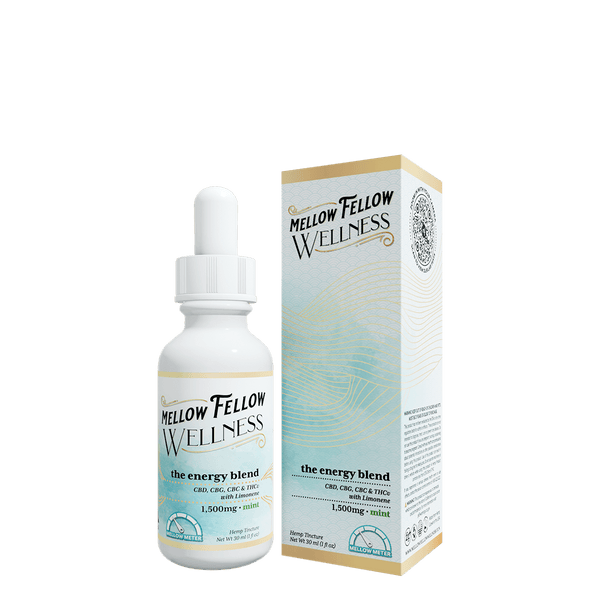
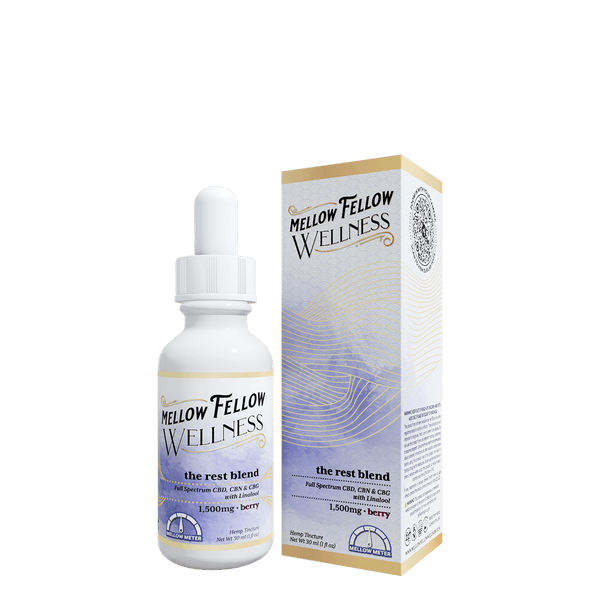
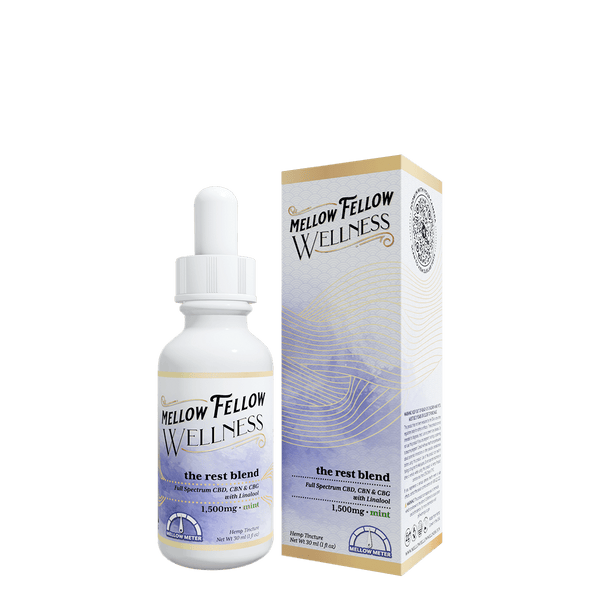
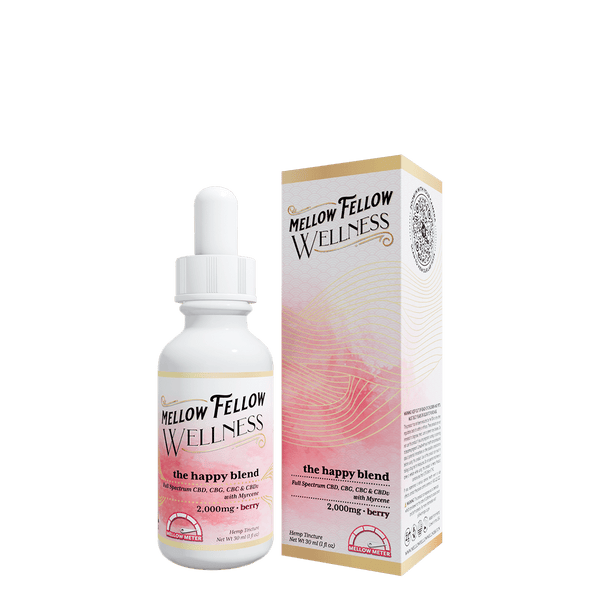
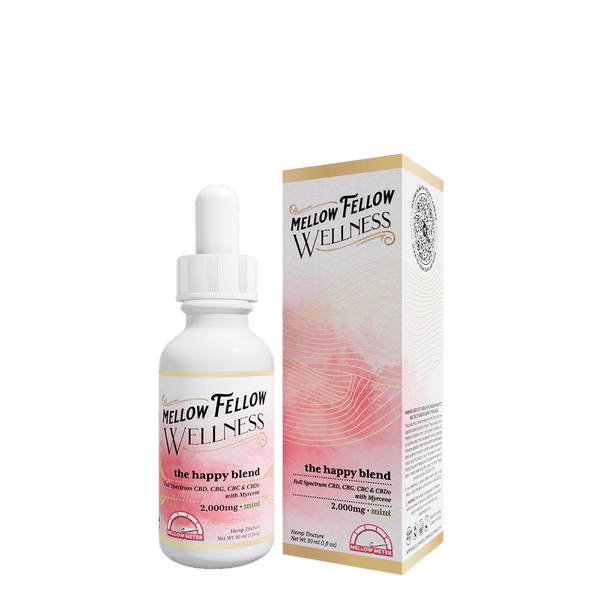










Leave a comment